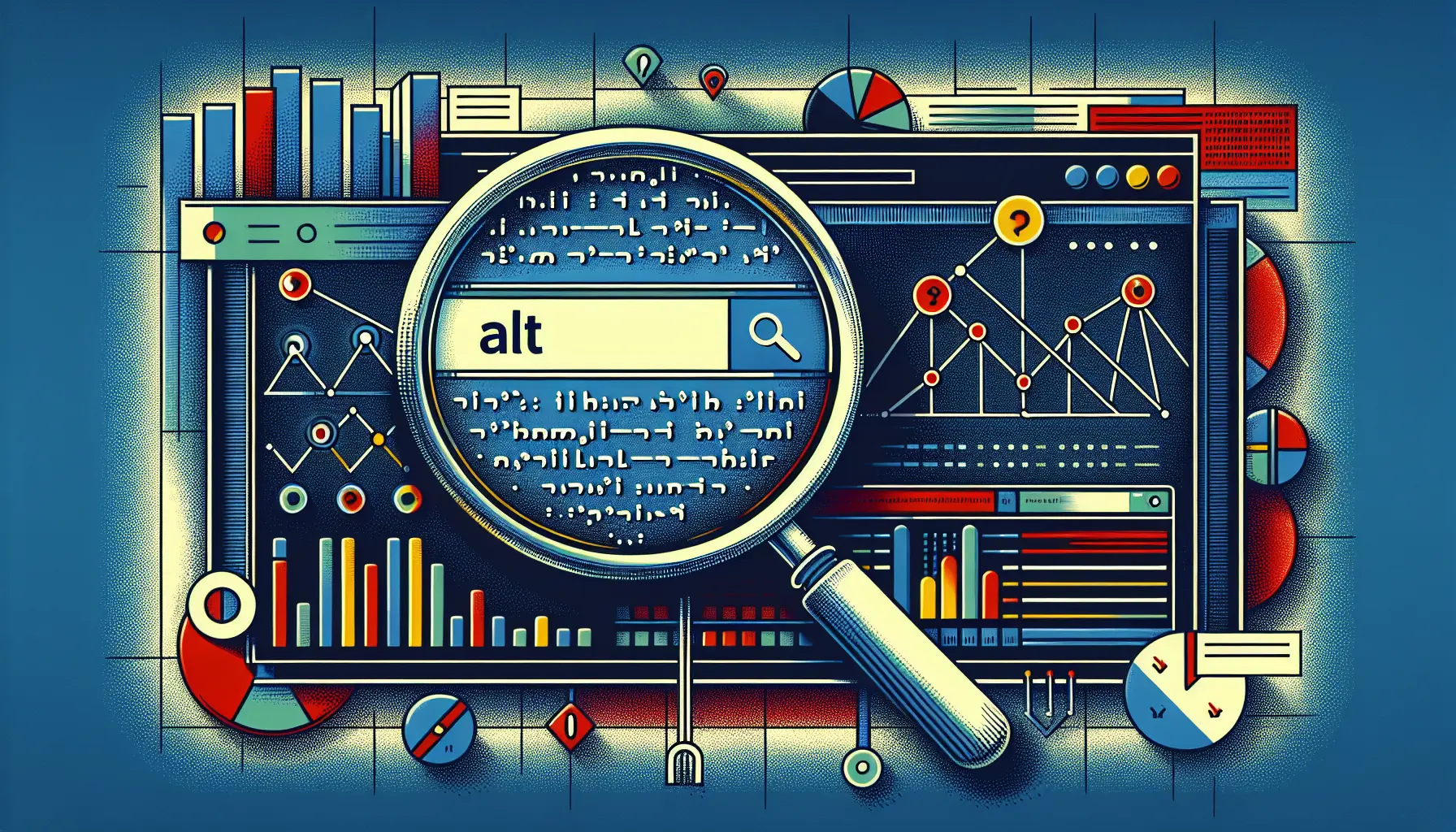ChatGPT Enters the Real-Time Search Arena
If you’ve ever used ChatGPT, you know it’s a cool tool for chatting and learning about different topics.
But now, it’s getting even cooler with something called SearchGPT. This new feature lets ChatGPT search the web in real-time! Let’s break it down and see what this means for users, publishers, and the world of online search.
ChatGPT’s New Superpower: Real-Time Web Searching
ChatGPT is leveling up by integrating real-time search capabilities. Imagine asking ChatGPT about today’s weather or the latest news, and it gives you the answer using up-to-the-minute data from the web. That’s what SearchGPT can do! It makes the AI chatbot much more powerful and up-to-date, so you’re getting the most current facts and details, with clear source references to ensure the info is reliable.
Facing the Competition
Jumping into real-time search isn’t just a fun upgrade—it’s a competitive move! ChatGPT is entering a tough race alongside top players like Microsoft Copilot and Google Gemini. Each tech giant wants to be the best at giving you real-time info, and the competition is heating up. This means more innovation and better services for all of us who love using tech tools.
Great News for Publishers…or Maybe Not?
SearchGPT could be a double-edged sword for publishers and people who work with SEO (Search Engine Optimization). On one hand, this new tool gives them a chance to get more visitors by having their content pop up in ChatGPT’s answers. With tricks like UTM tracking parameters, they can even track how much traffic SearchGPT is sending their way.
On the other hand, there are some challenges. If SearchGPT shows a preference for its partner publications, it might lead to some websites being shown more than others. This means publishers need to rethink their SEO strategies and make sure their content is ready to shine in this new search landscape. Adapting quickly to these changes will be crucial for success.
How It Works: Under the Hood
Technically speaking, SearchGPT is powered by something called the GPT-4o model, which makes it smarter and faster at finding info. It partners with trusted content providers like the Associated Press, Axel Springer, and Reuters to ensure the data it fetches is reliable. The tech is solid, but users have noticed it sometimes struggles with getting the most recent info. So, there’s still a bit of room to improve its accuracy and freshness.
Who Can Use It Right Now?
For now, SearchGPT is available to people using ChatGPT Plus and Team accounts. But don’t worry, OpenAI plans to roll it out to more users soon. So, if you’re not seeing it in your ChatGPT yet, sit tight—it’s on its way!
What’s Next for SEO and Publishers?
SEO experts and publishers will need to keep a close eye on how ChatGPT traffic is impacting their websites. By watching traffic patterns and updating their content to fit these new AI systems, they can better navigate this shifting landscape. The key will be flexible strategies and staying ahead of the AI curve as new platforms and features emerge.
Final Thoughts
SearchGPT is a big step forward for AI-powered tools, making real-time information more accessible than ever. It’s exciting to see how this technology will shape the future of online search and how publishers and SEO can adapt to make the best of it. Opportunity and challenges go hand in hand here, so understanding SearchGPT’s strengths and weaknesses is vital.
Keep an eye on this space—it’s going to be an interesting ride as AI continues to evolve!










